A BILINGUAL PAGE TO COLLECT AND DISCUSS COMMENTS ABOUT FILMS, THEATER AND ART AND SOME POLITICS. ENGLISH/SPANISH
Thursday, June 3, 2010
THE BROKEN IMAGE
THE BROKEN IMAGE
I am heading this page from my experience of making films in Cuba and my present experience living in United States. For a better understanding of my purpose, I quote my own documentary The Broken Image.
In 1959, one of the first acts introduced by the Revolutionary Government of Cuba was the establishment of the Cuban Film Institute (ICAIC) which promoted the development of the arts and cinema on the island. State sponsorship opened the door to filmmakers and provided entertainment for the population. However, such good intentions on the part of the Revolution meant sacrifices for the artists.
After the invasion of the Bay of Pigs, Castro's Revolution became socialist and the Communist ideology began to rule the nation. Disagreements between groups of artists and intellectuals with the Government generated an ideological opposition that ended in 1962 with the First Educational and Cultural Congress. At this convention, Fidel Castro defined his political policy towards artists and intellectuals: "With the Revolution, everything...against the Revolution, nothing". This dogmatic dictatorial statement forcibly removed from the game all those who had differing opinions about the cultural program as well as those who were non-committal. Many liberal artists where condemned to silence, while others were forced to seek asylum. The most unfortunate ended up in prison.
A militant cinema was made to promote the Revolution and the advantages of the Socialist system. Cuban films were shown in the most remote places of the island and the people received them with great pleasure. Other Latin American filmmakers, inspired by the Cuban cinema, spread a trend of political documentaries. Cuban cinema turned into an ideological weapon for leftist liberation movements around the world while becoming a frequent winner of international awards.
An extremist government position appeared in the mid-1960's and focused upon those artists and intellectuals who were not considered favorable to the system. Many of them were persecuted as "anti-social elitists". Filmmakers became more cautious, fulfilling the government's artistic and cultural requirements. Nevertheless, many of their works were gradually affected by censorship. Many scripts were re-written and films re-edited or simply banned or confiscated. As a result of these curbs, three generations of filmmakers abandoned the country seeking freedom of speech abroad. Yet they left a broken image behind, an interrupted flow of creativity which some were able to rescue but others were not.
The Broken Image is a 46 minute documentary film that gathers the most representative exiled Cuban filmmakers, who will recount their personal experiences about having to abandon their work and start a new life away from their country, culture and natural environment. They will also express their ideas on filmmaking in a free context, as well as in a repressive society.
The Broken Image will develop as a journey that will take the viewer from past memories into the present, re-establishing the identity of those filmmakers in exile. This documentary film will exhibit an overview of that fragmented image before it is forgotten or sadly disappears.
Interviews with the participants from the cities where they now live, will let us know about their dreams and realities. Rescued clips of their films and photographs will stand as vivid examples of their lives and cinematography.
The Broken Image aspires to be a tribute to all those who wanted to create a cinema free of dogmatism and suffered the tyranny of silence and intolerance.
Some Participants’ quotes
"Films are not weapons but means to exorcise ideas." - Orlando Jiménez Leal
"If Cuba were a free and democratic country, I would be there in fifteen minutes to make a film and demythologize Fidel Castro... And I hope God allows me to do that before I die." - Eduardo Palmer
"I think that in Cuba there are great creative people, actors, and technicians that are not allowed to express themselves freely. But if there is a miracle some day and things change there, these artists could make excellent cinema." - Nestor Almendros
"A country that has a regime of total political suffocation will never develop a favorable climate for creating." - Alberto Roldán
"To erase artists and scientists from history books is a very old practice of communism. If they erased Celia Cruz, how are they not going to erase us, the filmmakers?" - Roberto Fandiño
"Cinema and the Revolution arrived together for the Cuban filmmakers, and when the Revolution betrayed us, the image we had created was broken." - Sergio Giral
Subscribe to:
Post Comments (Atom)



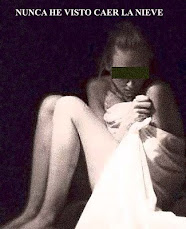



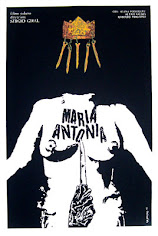

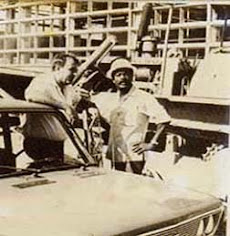
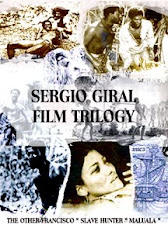



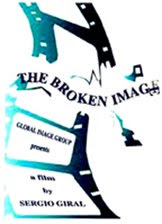
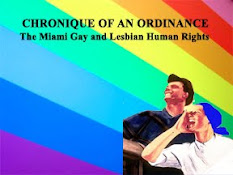

No comments:
Post a Comment